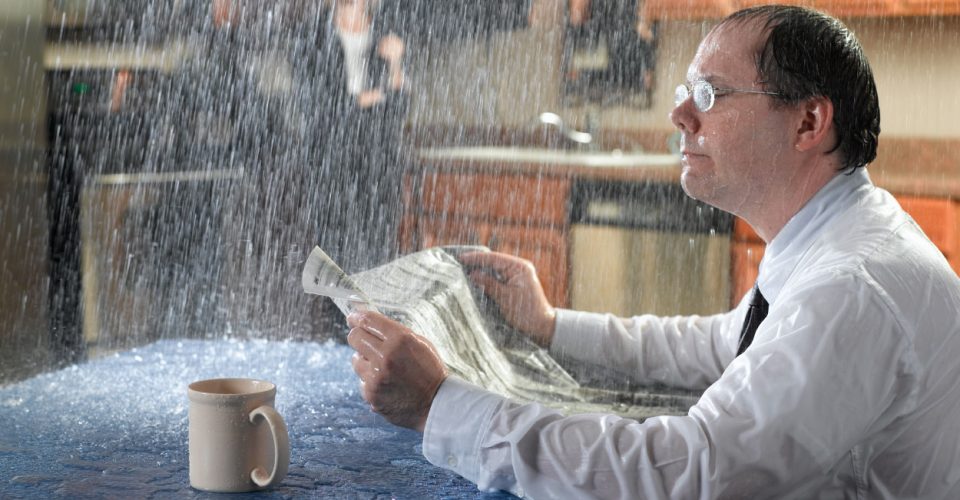Can Rain Affect Plumbing?
As conditions worsen, the concern of millions of homes across London and the UK will turn to the potential of heavy downpours and floods. If your home or local area is often hit with floods, you’ll know exactly how much damage and long term devastation they can cause. However, even heavy rain can cause great damage to your plumbing and pipes. Below are just some of the ways heavy rainfall can affect your home and its plumbing.

Flooding
One of the most common problems during heavy rains is flooding so it makes sense to start here. Flood waters can rise quickly and reach levels that can damage or destroy homes and businesses. If the flood waters are high enough, they can also cause sewer lines to back up, resulting in sewage spilling into homes and other buildings.
Another problem that can be caused by rain is leaks. Leaks can occur in both the interior and exterior of a home or business, and they can be anything from a small drip to a large gush of water. If a leak is left unaddressed, it can quickly lead to mould and mildew growth, which can cause serious health problems. In addition, leaks can also cause water damage to the structure of a building, which can be very costly to repair. If you live in an area that is prone to heavy rains, it is important to have a plan in place in case of a flood or leaks. Make sure you know where your shutoffs are for both your water and gas lines, and have a list of trusted plumbers or other professionals who can help you in an emergency. By taking some simple precautions, you can help protect your property and your health during heavy rains.
Enhanced Pipe Pressure
Although the majority of plumbing systems are resilient, it can be impossible to foresee what damage bad weather might bring to your plumbing system. Heavy waterfalls can flood the ground, and as a result, your pipes’ surrounding sand or dirt may turn to mud. Since the mud is heavier, it may exert more outside pressure on your piping, which may cause a number of other problems.
Ruptured and Shifting Underground Pipes
Once the ground around the subterranean pipes softens, the added pressure from the heavier mud on the pipes may result in movement. Shifting can move and bend the pipes into situations that can lead to ruptures.
Over Working the Sump Pump
What happens to the surplus water and where it goes will depend on the ground saturation caused by heavy rains and the type of soil that surrounds your property. The water drains away if the ground is porous and largely dry. However, if the earth is impermeable or if it is already saturated and moist from prior rain, water collects around your home’s foundation. The amount of water that collects around your house can also depend on the terrain of your property. Water on a residence situated on an inclination is drawn down the hill by gravity, whereas water on a flat property has nowhere to go.
Water can build up without a sump pump and result in a flood. A sump pump works by drawing water into the sump pit, which triggers the pump to evacuate the water. More rain means more water, and the more water means your sump pump has to work harder. Make sure your sump pump is 1) big enough for your house, and 2) in functioning order so you can use it in wet weather.
Flooding is a severe problem which can be addressed by locating the blockage, backup, or broken sump pump. Even better, catching any plumbing problems as early as possible in this series of events as possible helps avoid larger problems down the road.

